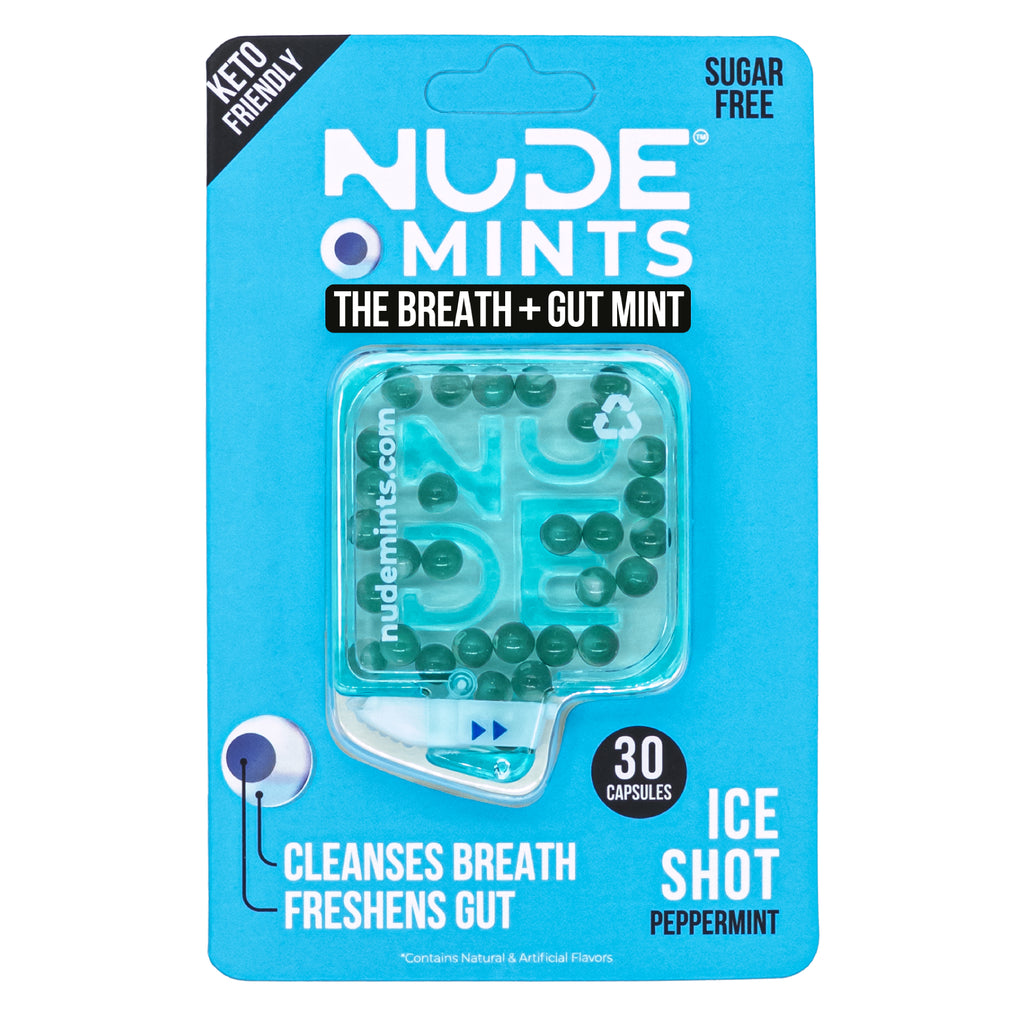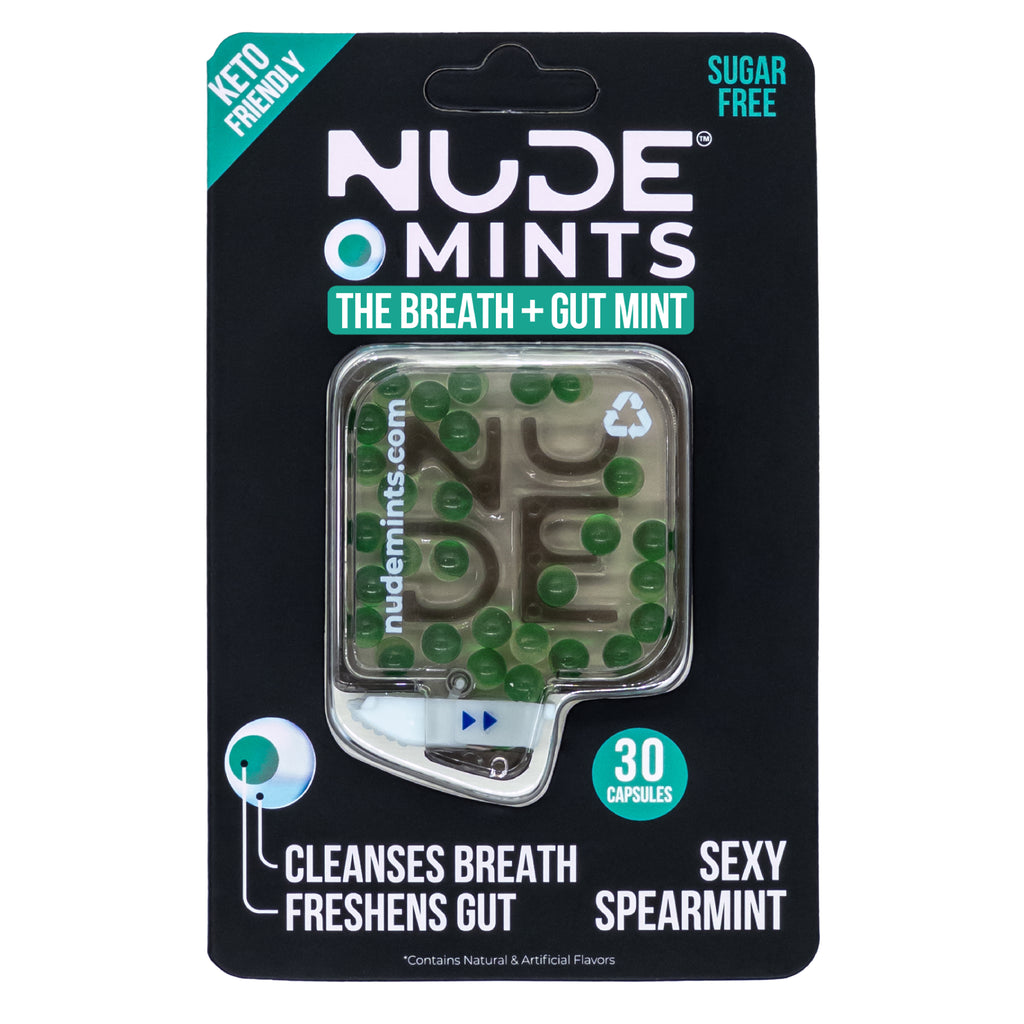Chronic Bad Breath: What It Means and How to Address It
-
Bad breath is an embarrassing and uncomfortable problem that many people experience. It can be caused by a number of factors, including poor oral hygiene, certain foods and drinks, and underlying health conditions. While occasional bad breath is normal, chronic bad breath is a sign that something is amiss.
Chronic bad breath can have a significant impact on your personal and professional life, causing social anxiety and even affecting your career. However, with the right knowledge and approach, you can address this issue and enjoy fresh breath and increased confidence.
What is Chronic Bad Breath?
Chronic bad breath is characterized by persistent, foul-smelling breath that lingers even after brushing, flossing, or using mouthwash. It's important to note that chronic bad breath is different from occasional bad breath, which is typically caused by eating pungent foods or poor oral hygiene.
If you have chronic bad breath, it's a sign that there's an underlying issue that needs to be addressed. The good news is that most causes of chronic bad breath are treatable, and with the right approach, you can enjoy fresh breath and improved oral health.

Causes of Chronic Bad Breath
Chronic bad breath can be caused by a variety of factors, including:
-
Poor oral hygiene:
When you don't brush and floss regularly, food particles and bacteria can build up in your mouth, leading to bad breath. -
Certain foods and drinks:
Foods such as garlic, onions, and coffee can cause temporary bad breath. However, if you notice that your breath is consistently bad after eating certain foods, it may be a sign of an underlying issue. -
Dry mouth:
Saliva plays an important role in washing away food particles and bacteria in your mouth. When your mouth is dry, either due to medications or a health condition, bad breath can occur. -
Gum disease:
Gum disease, also known as periodontitis, is a serious condition that can cause chronic bad breath. It's caused by bacteria that attack the gum tissue and bone that support your teeth. -
Sinus and respiratory infections:
Infections in your sinuses and respiratory system can cause bad breath, as bacteria can build up in your nasal passages and throat. -
Underlying health conditions:
Chronic bad breath can also be a sign of underlying health conditions, such as liver or kidney disease, diabetes, or acid reflux.
How to Address Chronic Bad Breath
If you're experiencing chronic bad breath, the first step is to visit your dentist or primary care physician to rule out any underlying health conditions. Once you've identified the cause of your bad breath, you can take steps to address it. Here are some strategies that can help:
-
Practice good oral hygiene:
Brush your teeth at least twice a day and floss daily to remove food particles and bacteria from your mouth. Use a tongue scraper to remove bacteria from your tongue, as well. -
Drink plenty of water:
Staying hydrated can help prevent dry mouth, which can contribute to bad breath. -
Avoid certain foods and drinks:
If you notice that certain foods or drinks cause your bad breath to worsen, try to avoid them. -
Quit smoking:
Smoking can cause dry mouth and contribute to bad breath. -
Use mouthwash:
Mouthwash can help kill bacteria in your mouth and freshen your breath. Look for mouthwashes which are effective at fighting bad breath. -
Try nude mints:
Nude mints can help wash away bacteria and food particles in your mouth and promote good breath. -
Use a nasal saline rinse:
If your bad breath is caused by sinus or respiratory infections, using a nasal saline rinse can help flush out bacteria and relieve congestion. -
Get regular dental cleanings:
Regular dental cleanings can help remove plaque and tartar buildup that can contribute to bad breath. -
Try natural remedies:
Some natural remedies, such as chewing on parsley or cloves, can help freshen your breath. However, it's important to note that natural remedies are not a substitute for proper oral hygiene and medical treatment.
Conclusion
Chronic bad breath can be a source of embarrassment and social anxiety, but it doesn't have to hold you back. By identifying the underlying cause of your bad breath and taking steps to address it, such as using Nude Mints and practicing good oral hygiene, you can enjoy fresh breath and improved confidence. Don't let bad breath hold you back - take control of your oral health and enjoy the benefits of fresh breath today!
Looking for a unique way to freshen your breath? Try Nude Mints! With 2-in-1 capsule technology, Nude Mints delivers peppermint extract directly to your gut for a seamless and effective freshness boost. Say goodbye to bad breath and hello to improved oral health - order Nude Mints today!
FAQs
Q: Is bad breath a sign of a serious health problem?
A: While occasional bad breath is normal, chronic bad breath can be a sign of underlying health conditions such as gum disease, diabetes, or liver or kidney disease. It's important to visit your dentist or physician to rule out any underlying health issues.
Q: Can certain foods and drinks cause bad breath?
A: Yes, certain foods and drinks, such as garlic, onions, and coffee, can cause temporary bad breath. However, if you notice that your breath is consistently bad after eating certain foods, it may be a sign of an underlying issue.
-
Poor oral hygiene:
Get the freshest news on your favorite mouth cleanser and gut freshener!
Read More
-
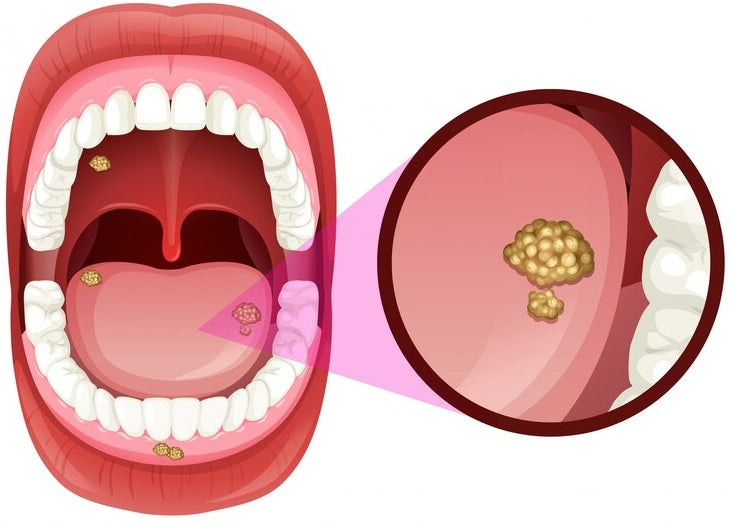
Halitosis: Understanding the Causes, Diagnosis, and Treatment for Fresh Breath
Halitosis, commonly known as bad breath, is a condition that affects a large number of people worldwide. It can be an embarrassing and isolating experience, but it is important to know that it is a common problem and that there are effective treatments available. In this article, we will discuss the causes, diagnosis, and treatment of halitosis. Causes of Halitosis Halitosis can have several causes, both internal and external. The most common causes include poor oral hygiene, dry mouth, certain foods and drinks, smoking, and certain medical conditions. Poor Oral Hygiene Poor oral hygiene is the most common cause of halitosis. When food particles and bacteria build up in the mouth, they can cause an unpleasant odor. Brushing and flossing...
-
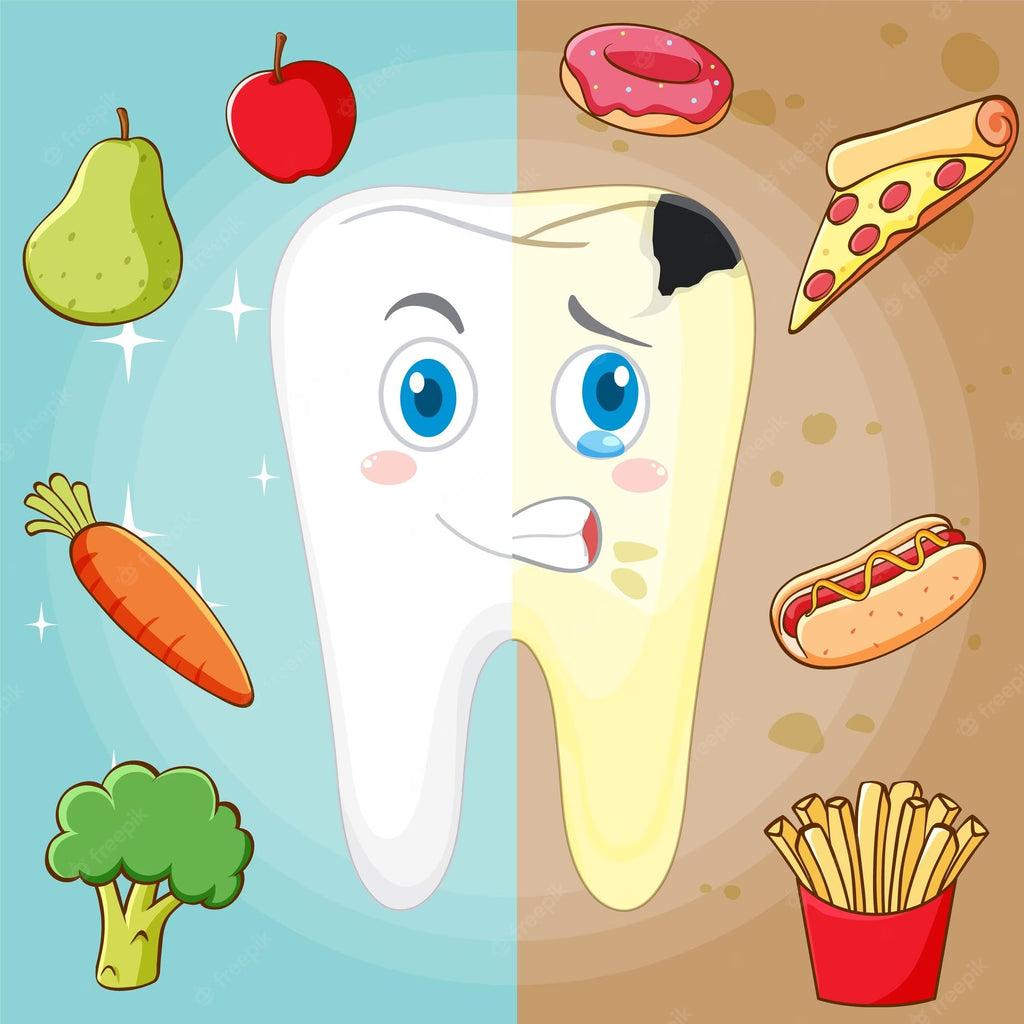
Crucial Connection Between Nutrition and Oral Health: Guide for Better Dental Care
As a dental health professional, we understand the importance of maintaining good oral hygiene to prevent cavities and gum disease. Brushing twice a day and flossing daily are essential habits, but did you know that nutrition also plays a crucial role in keeping your mouth healthy? In this article, we will explore the connection between nutrition and oral health and how you can make better food choices to support your dental health. How Nutrition Affects Oral Health Your diet can impact your oral health in many ways. A diet high in sugary and acidic foods can increase the risk of tooth decay and gum disease. When you eat sugary foods, the bacteria in your mouth feed on the sugar and...
-
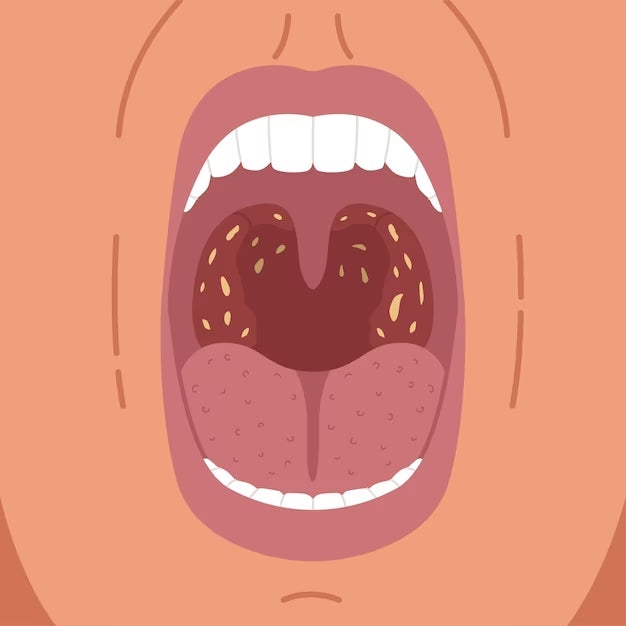
How to Treat Bad Breath Caused by Dry Mouth
Do you ever feel self-conscious about your breath? Do people avoid talking to you because of bad breath? Dry mouth, also known as xerostomia, can cause bad breath and make social interactions uncomfortable. In this article, we will discuss what causes dry mouth, how it leads to bad breath, and what you can do to treat it. Table of Contents What is dry mouth? Causes of dry mouth How dry mouth causes bad breath Signs and symptoms of dry mouth Diagnosis of dry mouth Treating dry mouth Home remedies for dry mouth Professional treatments for dry mouth Tips for maintaining oral hygiene Foods and drinks to avoid with dry mouth Conclusion FAQs What is dry mouth? Dry mouth occurs when...
-
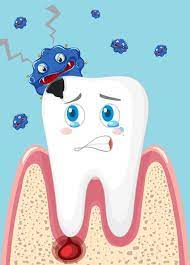
The Relationship Between Diabetes and Gum Disease: Understanding the Link
Diabetes and gum disease are two conditions that may seem unrelated, but research has shown that they are actually closely linked. In fact, individuals with diabetes are more likely to develop gum disease, and those with gum disease are more likely to have difficulty controlling their blood sugar levels. This article will explore the connection between diabetes and gum disease, and provide insights on how you can reduce your risk of developing both. The Relationship Between Diabetes and Gum Disease Diabetes is a condition that affects the body's ability to produce or respond to insulin, a hormone that regulates blood sugar levels. When blood sugar levels are consistently high, it can lead to a range of health complications, including nerve...

